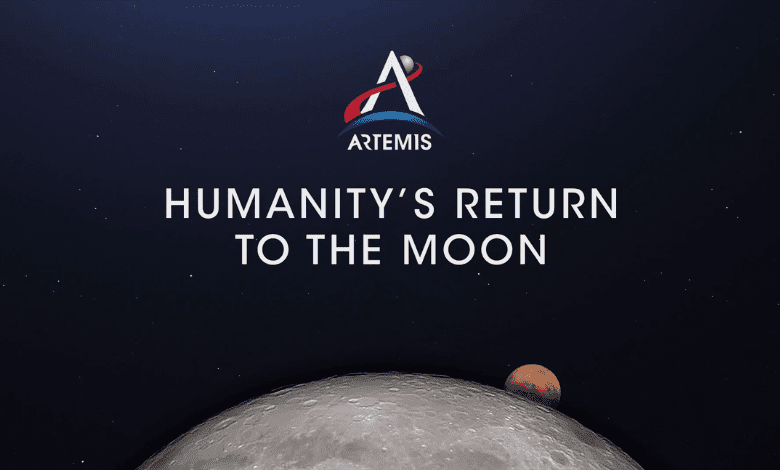The UAE-US collaboration on the Artemis programme, which aims to send humans back to the lunar surface, is crucial for unraveling the mysteries of the cosmos for the benefit of mankind. Emirati astronaut Sultan Al Neyadi stated that the relationship between the two countries is rooted in the pursuit of space exploration and is underpinned by technological achievements and a spirit of collaboration. The Artemis programme, which has grown out of the Artemis Accords, aims to land the first female astronaut, first person of color, and Nasa’s first international partner astronaut on the lunar surface.

The Lunar Gateway, or a lunar space station, is key to future missions to Mars and beyond. The ultimate objective is to build a sustainable base on the moon to pave the way for future missions to other parts of the solar system. In January, Nasa and the UAE’s Mohammed bin Rashid Space Centre announced the Emirates’ decision to provide the airlock for the Lunar Gateway.
However, there are still major challenges to overcome, such as the long-term preparation required for astronauts, radiation doses up to 700 times higher than on Earth, bone density loss, muscle atrophy, and cardiovascular issues. The Emirates is contributing not only the airlock to the lunar space station but also an astronaut to the Artemis missions. The private sector plays a pivotal role in providing a sustainable environment for lunar missions, which can help scientists gain a better understanding of Earth’s satellite and provide a jumping-off point for future missions to the asteroid belt and Mars.
Comments
Post a Comment